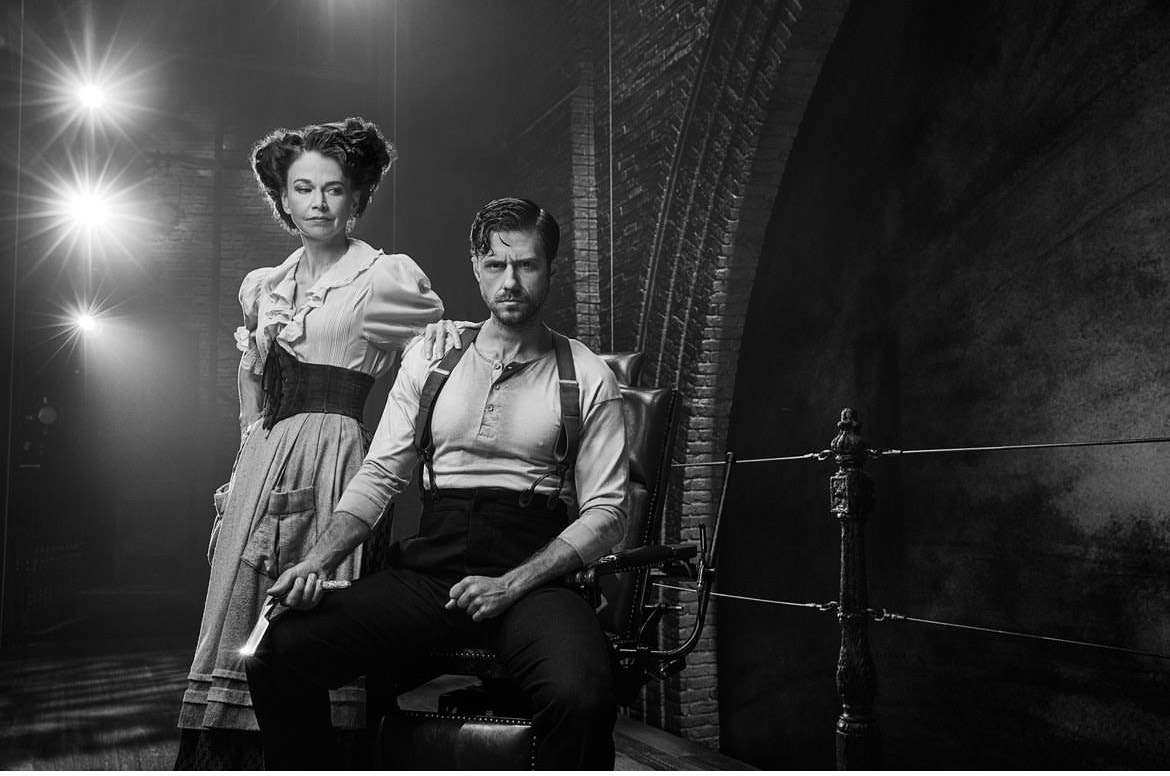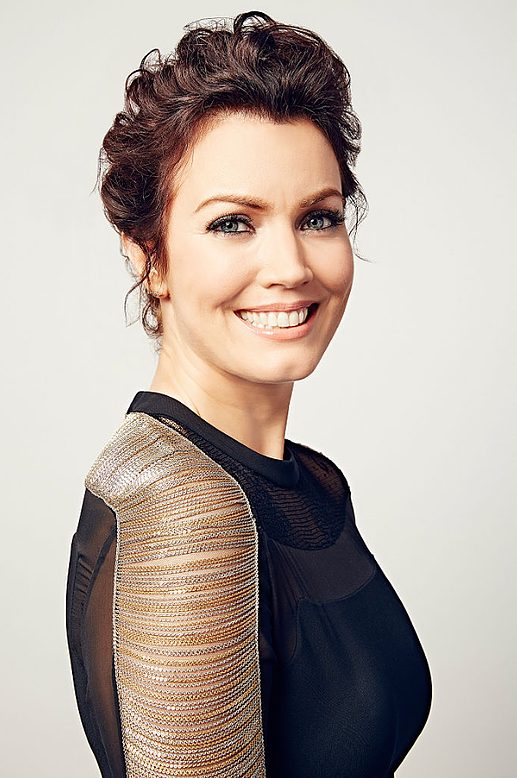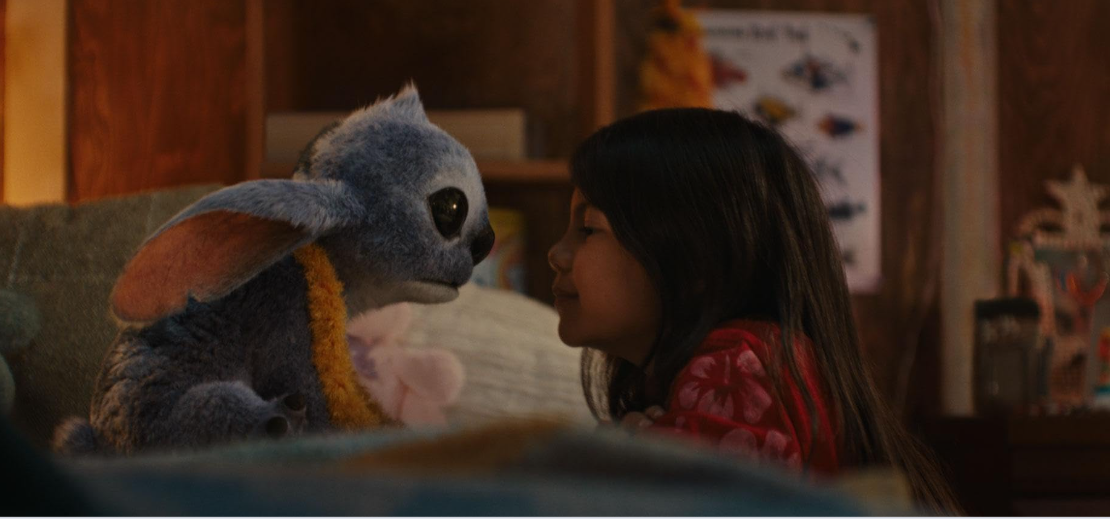The names Aaron Tveit and Sutton Foster are all too familiar to any musical theater fan. The actors are iconic, with amazing voices and a long and impressive resume of shows. But that does not mean they are the only talented ones. And looking at Broadway’s casting, it seems that fact may be forgotten.
Casting is a crucial part of theater, but favoritism runs so rampant in such a subjective space, where directors only feel comfortable using established talent, rather than risking issues with somebody new.
Casting is not and can never be an objective process. Though inherently good at singing, dancing and acting, these standards change from director to director. These theatrical standards are often set at an impossibly high threshold regardless.
But even if a person meets or exceeds a director’s expectations on abilities, there’s still a chance they might not get cast because the most important thing is how well an actor fits the character that they are auditioning for. Looks, personality and energy displayed through the learned music and monologues should ultimately decide which actor gets chosen for the role.
But, that has not been the case.
Many controversial casting choices have been made recently. On Oct. 31, the directorial team of Sweeney Todd announced that Aaron Tveit will be playing the lead in “Sweeney Todd.” Sweeney Todd is a character with a Bass-Baritone vocal range, in other words, a low male voice.
Aaron Tveit is one of the most iconic tenors, so the casting makes little sense, until you realize that the choice was made as an obvious crowd draw. Like many other actors, just mentioning his name can send audiences running to the theater.
This not only takes away opportunities from actors with equal talents, it damages the integrity of the show. Sweeney Todd is a character meant to be portrayed by a male actor with a lower voice, and typically, an older one as well, to match the age of the character in the musical. Having a tenor who is relatively young play the character, weakens the character and the musical itself.
Similarly, Sutton Foster’s casting, portraying Miss Lovett in “Sweeney Todd” alongside Tveit’s character, does not correlate with her age or vocal type, once again ruining the intergity of the character and the point of the story.
While they are talented in their own right, these performers often overshadow the true purpose of the show and take opportunities away from other, less well-known actors and actresses. It makes the Broadway dream, which is already competive enough, even more impossible to reach.
In order to appropriately tell the stories of the shows and maintain the integrity of musical theater, directors need to start taking more chances on new faces, and stop relaying on popular performers to draw in audiences.





